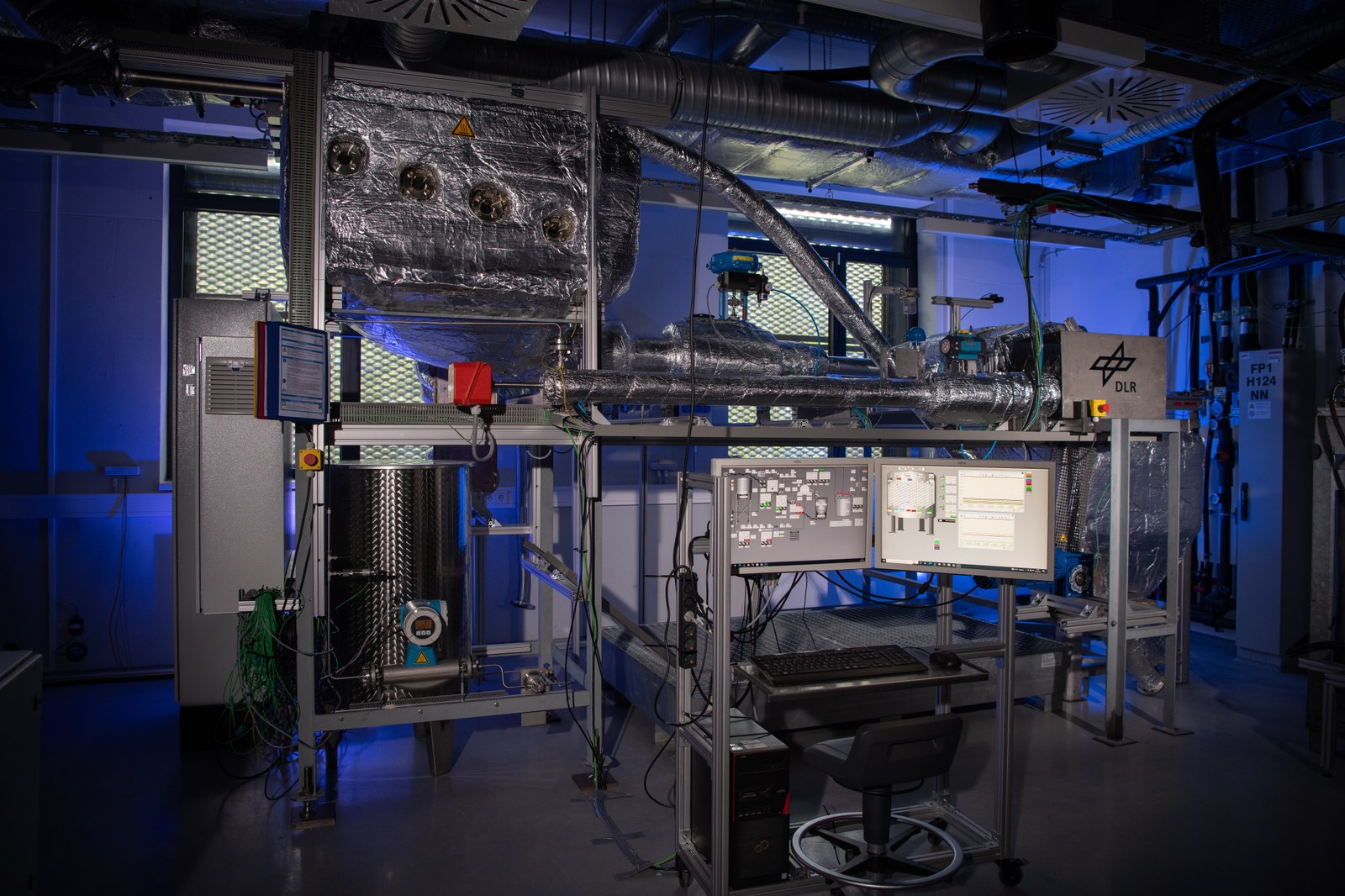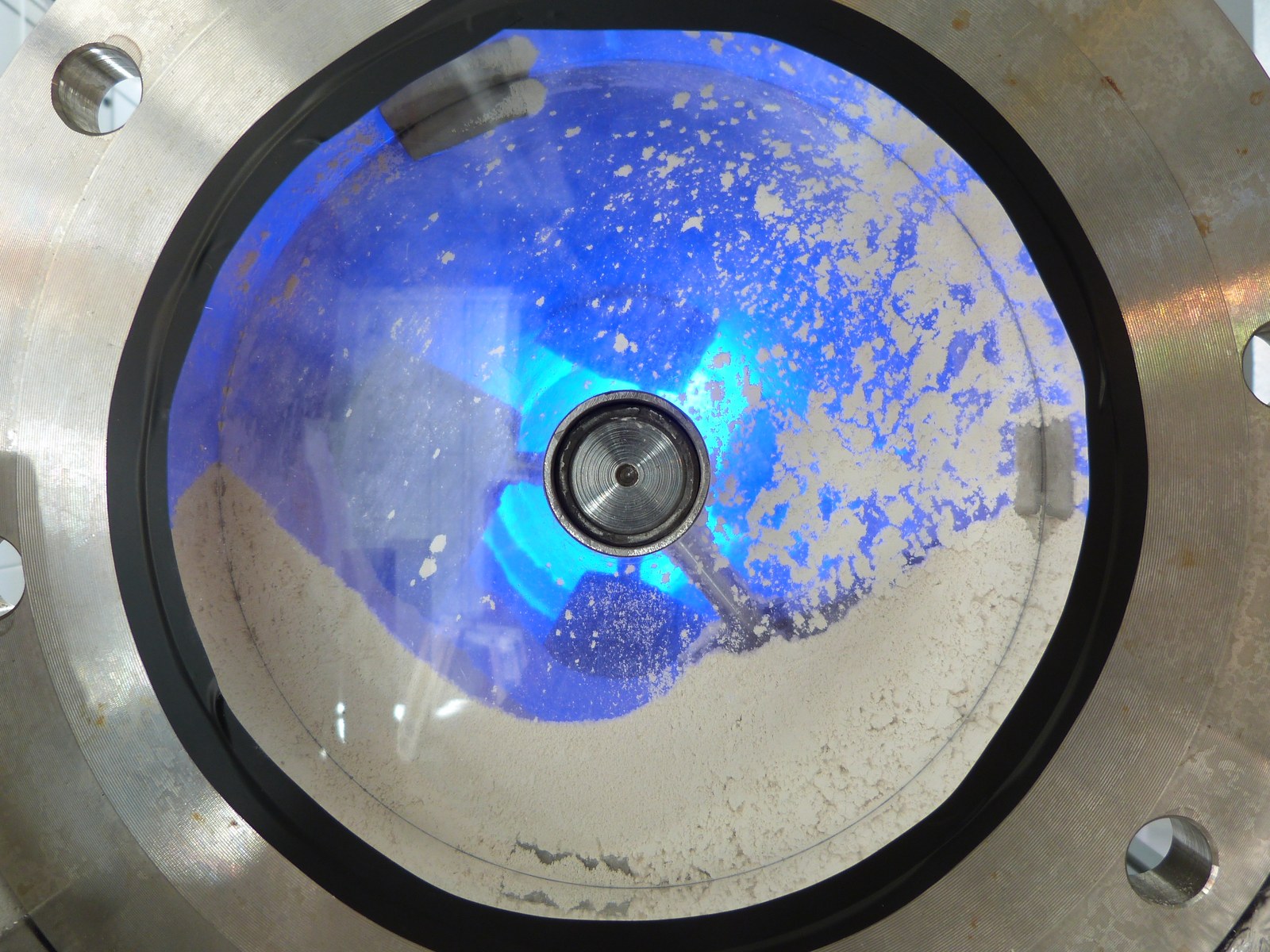Department Thermal Process Technology

In this department, we deal with issues relating to energy storage, heat management and heat transfer. These topics are of crucial importance for all areas of energy utilisation and supply.
We focus on various applications, from industrial process heat applications to combined heat and power generation and conventional power plant technology. We are particularly proud of our development of thermal energy storage systems for solar thermal power plants. These play a key role in meeting the electricity demand in Central Europe, particularly in view of the increasing integration of renewable energies and the associated demands on grid stability.
Our team works on innovative storage concepts for a wide range of temperatures from 100 to 1000 °C. Various technologies are used, including sensitive storage systems based on liquids and solids, latent heat storage systems and thermochemical storage systems.
In view of the growing pressure to reduce primary energy consumption in the commercial and industrial sectors, we are also focussing on tapping into previously unused heat flows. In particular, we are developing ceramic-based high-temperature heat exchangers for applications with gaseous heat carriers in power plant and industrial processes. The focus here is on thermal and thermomechanical aspects, which we also test by means of experimental investigations.
Our expertise in thermal process technology and our passion for innovation drive us to constantly develop new solutions to meet the increasing demands for efficiency and sustainability in energy technology.
Our main areas of research include:
- The development of high-temperature storage systems and heat exchangers to increase energy efficiency in power plant and process technology applications
- Liquid salt storage systems for thermal energy storage in solar thermal and conventional power plants and for industrial process heat applications
- Development of systems for energy conversion processes and thermal energy storage processes for industrial process technology and power plant applications
- Investigation of gas-solid reactions and their application in the field of energy storage and conversion.



